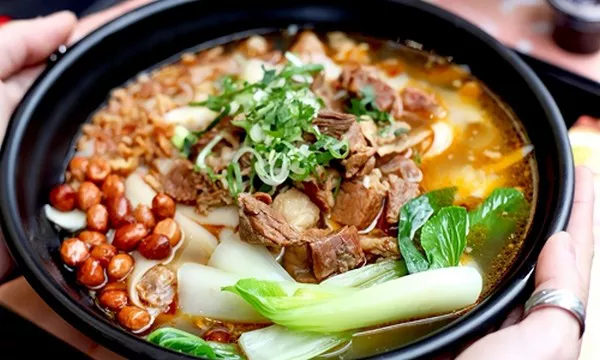Recent revelations of mixed-use tanker trucks transporting both liquid fuels and food products have ignited a debate over food safety regulations in China, prompting calls for stricter oversight and enforcement.
Reports from various media outlets, including The Beijing News, have shed light on the practice of using the same tankers to transport edible items such as cooking oil and syrup after transporting liquid fuels derived from coal. This practice, described as an “open secret” within the industry, has raised significant concerns about potential contamination and health risks associated with the improper handling of food transportation.
In response to these revelations, China’s State Council Food Safety Commission has taken decisive action. It has mobilized authorities including the National Development and Reform Commission and the State Administration for Market Regulation to form a joint investigative team. The primary objective is to conduct a thorough inquiry into the improper use of tanker trucks in transporting edible oils and other food products.
“The companies and individuals found responsible for these violations will face severe penalties,” stated the food safety commission. Emphasizing a zero-tolerance policy towards infractions, it pledged transparency in disclosing investigation findings and actions taken.
Experts have underscored the potential health hazards posed by mixing transportation of liquid fuels, known for their toxic hydrocarbons, with food products. Zhu Yi, a professor at China Agricultural University, warned that even minimal exposure to such substances could lead to serious health implications, including poisoning.
Legal experts like Deng Manyin from Beijing DHH Law Firm emphasized that mixed transportation of food and chemicals violates China’s Food Safety Law. The law mandates that all containers, tools, and equipment used in the storage, transportation, and handling of food must adhere to strict cleanliness and safety standards to prevent contamination. It also strictly prohibits the storage or transportation of food items alongside toxic or harmful substances.
“To ensure food safety, regulatory oversight and enforcement must be robust and preemptive,” Deng stressed. He called for stronger regulatory frameworks and effective implementation of existing laws to prevent similar incidents in the future.
The scandal has implicated several prominent companies, including Sanhe Hopefull Grain and Oil Group and China Grain Reserves Oil and Fat (Tianjin) Co., a subsidiary of Sinograin. Both companies are currently under investigation by local market regulators in Langfang and Tianjin.
Sanhe Hopefull Grain stated that it is conducting internal investigations into the matter, denying ownership of the implicated tankers. Meanwhile, Sinograin has initiated a comprehensive self-inspection of its transportation practices to ensure compliance with food safety regulations.
Yang Xin, an assistant researcher at the Chinese Academy of Social Sciences, emphasized the need for more stringent regulations across the entire food supply chain. “While efforts have been made to bolster food safety measures, stricter oversight and robust regulatory frameworks are essential,” Yang noted. He called for enhanced punitive measures and incentives to ensure effective implementation of food safety regulations.
As China grapples with these revelations, stakeholders await the outcomes of the investigations and anticipate reforms that will safeguard the integrity of the country’s food supply chain and protect public health.
Related Topics:



























